Julie Hail Flory originally wrote this article for The Source.
Mark P. Taylor, dean of Olin Business School at Washington University in St. Louis, will conclude his deanship June 30. He will continue to serve as the Donald Danforth Jr. Distinguished Professor of Finance after taking a year of academic leave, starting July 1 and returning to the university in 2023.
“Mark Taylor has been an exceptional leader and advocate for Olin Business School during his time at the university,” Chancellor Andrew D. Martin said.
‘The school has flourished’
“He has enhanced Olin’s international profile and made significant strategic investments in digital education. During his tenure as dean, the school has flourished, growing by nearly every measure. I’m grateful for his many contributions,” Martin said.
“We’ve been fortunate to have a talented leader and scholar like Mark Taylor guiding Olin Business School for the past five-plus years,” Provost Beverly Wendland said. “As dean, he has moved the school forward in numerous ways. He launched several innovative programs and increased student access, ensuring that the world’s best business students are able to come to WashU. I know the Olin community shares my appreciation for Mark’s leadership throughout the pandemic and takes pride in the successful triple accreditation achieved during Mark’s tenure.”
Taylor was appointed dean in 2016, joining Washington University from the University of Warwick, U.K., where he had served as dean of Warwick Business School and professor of finance. He also has held professorships at Oxford University and Bayes Business School in the U.K., and visiting professorships at New York University, Bordeaux University and the University of Aix-Marseille.
A leading scholar
A leading scholar in international economics and finance, Taylor is one of the most highly cited economists in the world. He has served as an adviser at the Bank of England, the World Bank and the International Monetary Fund.
“It has been a great privilege to lead the Olin Business School. We—Olin’s faculty, staff and students— have accomplished so much in the past five-plus years, even through a pandemic,” Taylor said. “I am proud of Olin’s advancements in research, teaching and impact.”
A search committee to identify Taylor’s successor will be announced later this year. During the transition, Anjan V. Thakor, the John E. Simon Professor of Finance and director of doctoral programs and the Wells Fargo Advisors Center for Finance and Accounting Research, will serve as interim dean.
“It is my distinct pleasure to step in to guide Olin Business School as interim dean during this important time,” Thakor said. “Building on the school’s strong foundation—which has been significantly bolstered by Mark Taylor’s leadership as dean—we are poised to reach even greater heights as one of the world’s top business schools. I look forward to working with our students and my faculty colleagues as we continue to advance our efforts to change the world for good.”


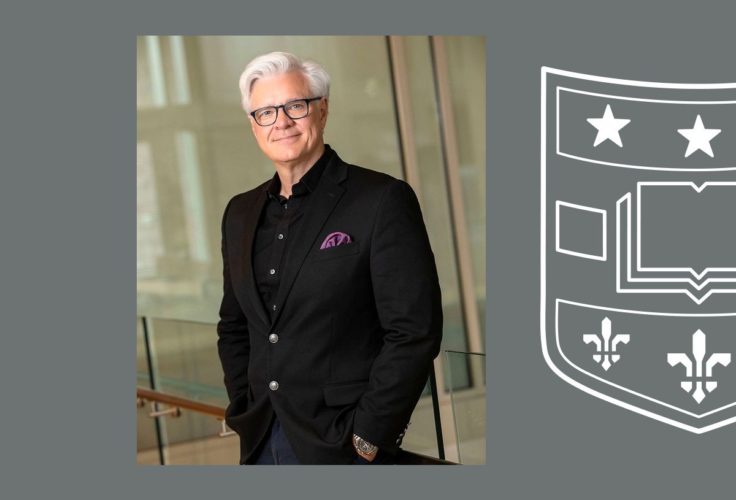

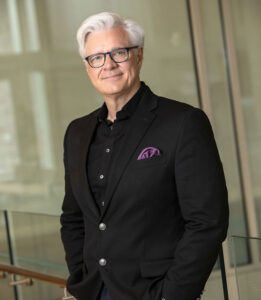
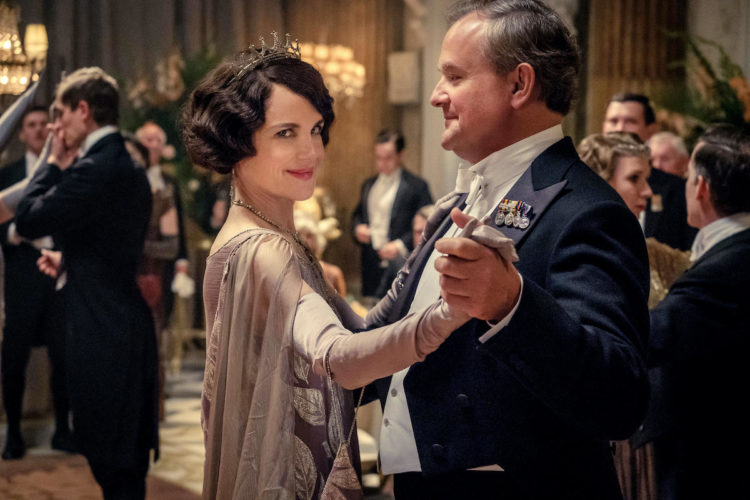
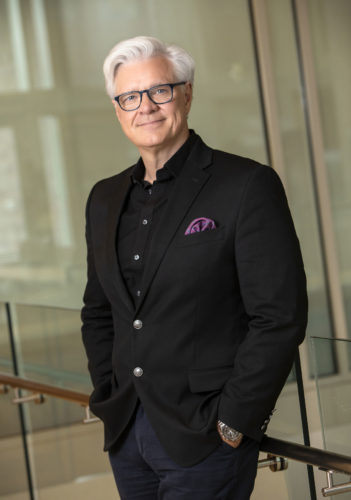
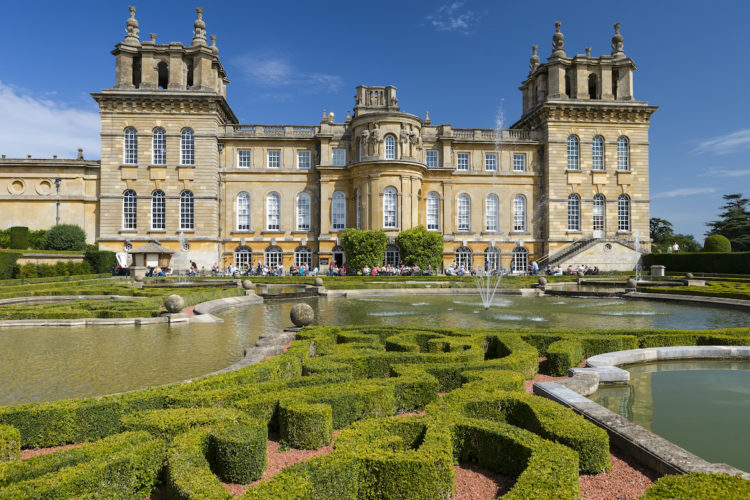
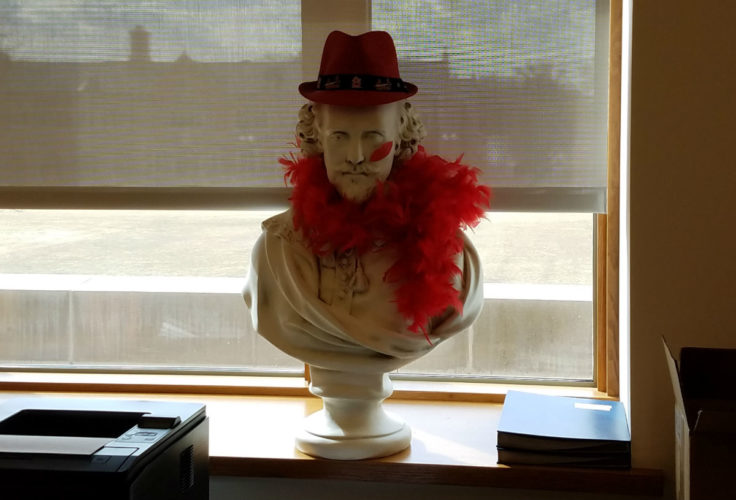
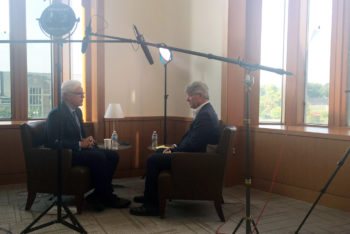 According to Byrne’s
According to Byrne’s 